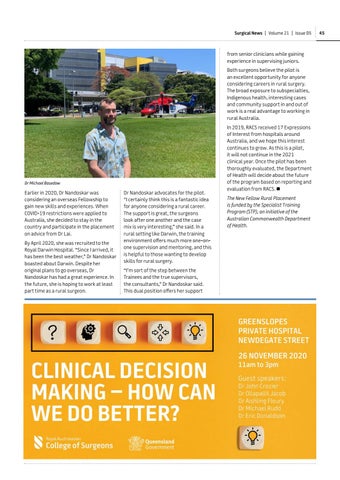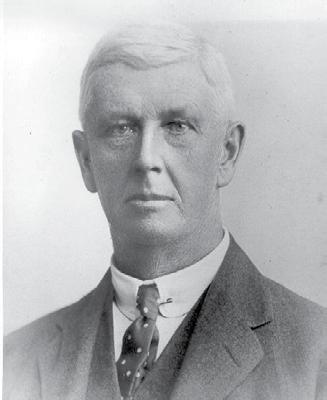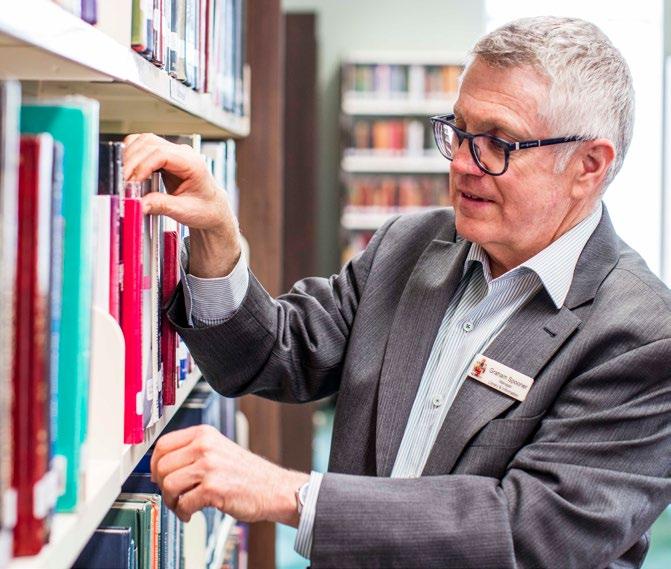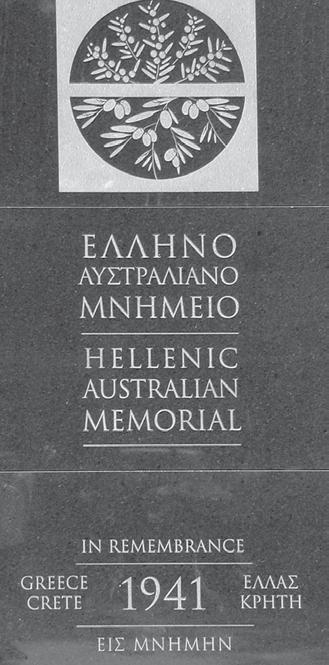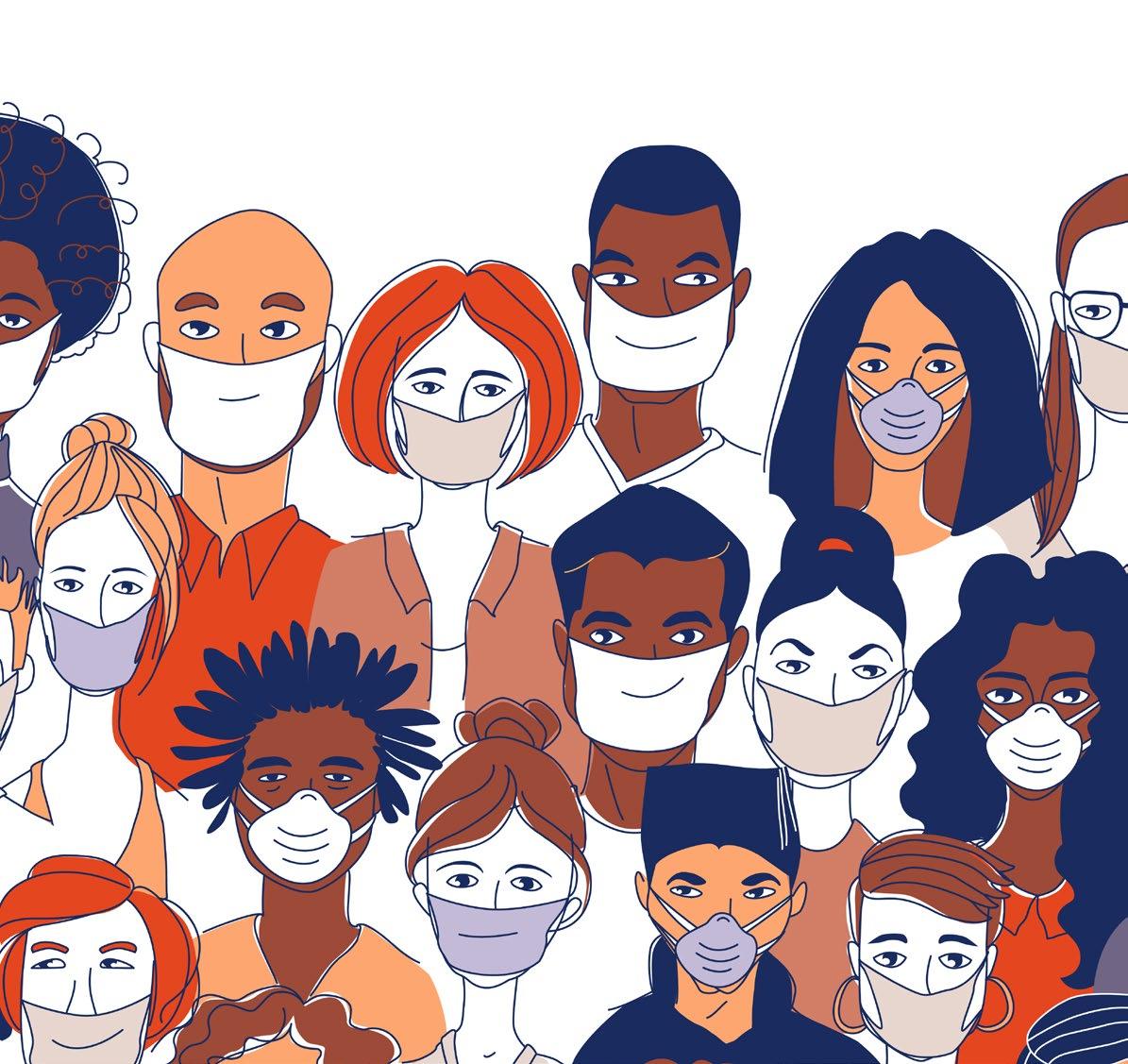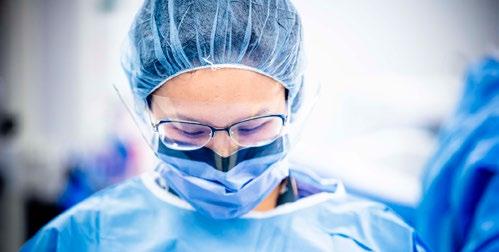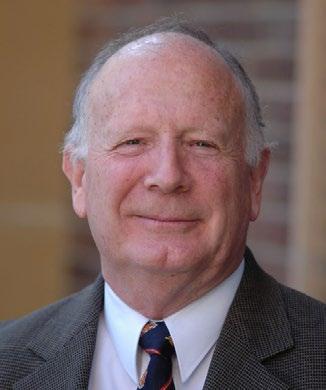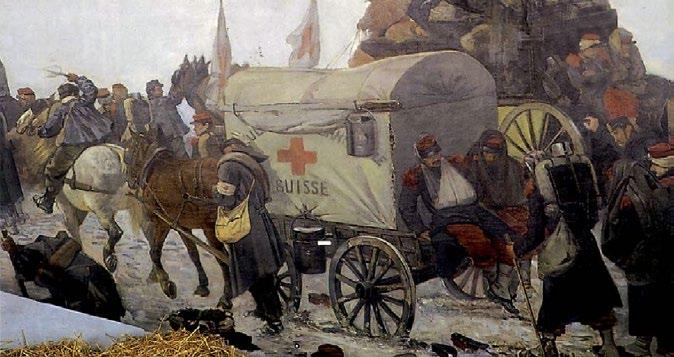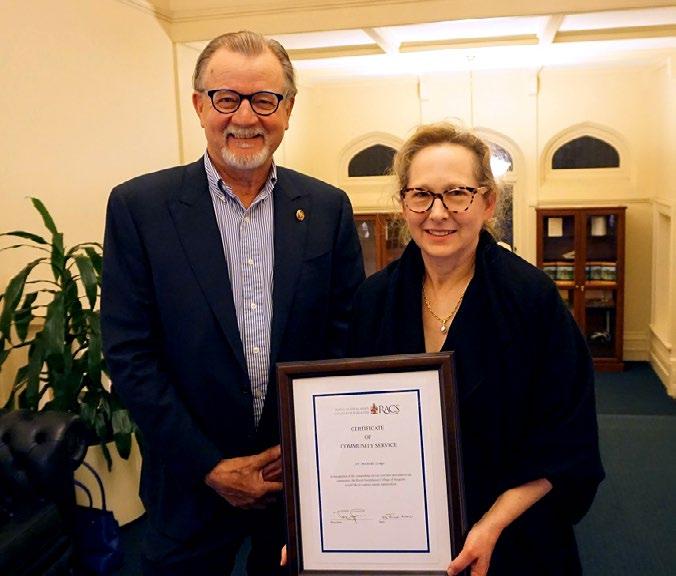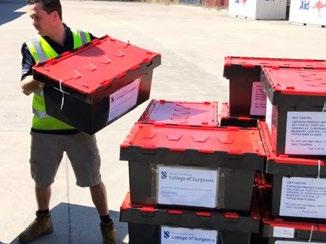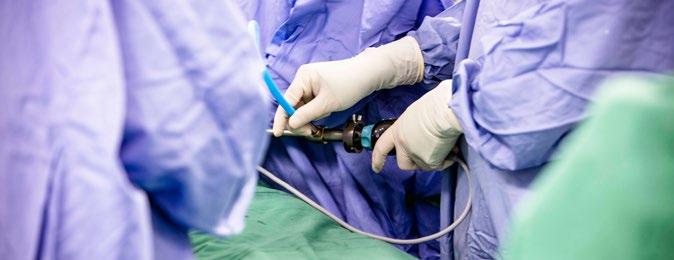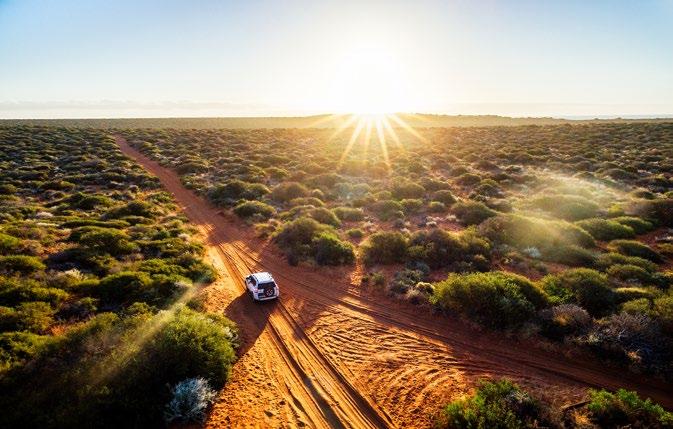Surgical News | Volume 21 | Issue 05
from senior clinicians while gaining experience in supervising juniors. Both surgeons believe the pilot is an excellent opportunity for anyone considering careers in rural surgery. The broad exposure to subspecialties, Indigenous health, interesting cases and community support in and out of work is a real advantage to working in rural Australia.
Dr Michael Basedow
Earlier in 2020, Dr Nandoskar was considering an overseas Fellowship to gain new skills and experiences. When COVID-19 restrictions were applied to Australia, she decided to stay in the country and participate in the placement on advice from Dr Lai. By April 2020, she was recruited to the Royal Darwin Hospital. “Since I arrived, it has been the best weather,” Dr Nandoskar boasted about Darwin. Despite her original plans to go overseas, Dr Nandoskar has had a great experience. In the future, she is hoping to work at least part time as a rural surgeon.
Dr Nandoskar advocates for the pilot. “I certainly think this is a fantastic idea for anyone considering a rural career. The support is great, the surgeons look after one another and the case mix is very interesting,” she said. In a rural setting like Darwin, the training environment offers much more one-onone supervision and mentoring, and this is helpful to those wanting to develop skills for rural surgery. “I’m sort of the step between the Trainees and the true supervisors, the consultants,” Dr Nandoskar said. This dual position offers her support
In 2019, RACS received 17 Expressions of Interest from hospitals around Australia, and we hope this interest continues to grow. As this is a pilot, it will not continue in the 2021 clinical year. Once the pilot has been thoroughly evaluated, the Department of Health will decide about the future of the program based on reporting and evaluation from RACS. The New Fellow Rural Placement is funded by the Specialist Training Program (STP), an initiative of the Australian Commonwealth Department of Health.
45
